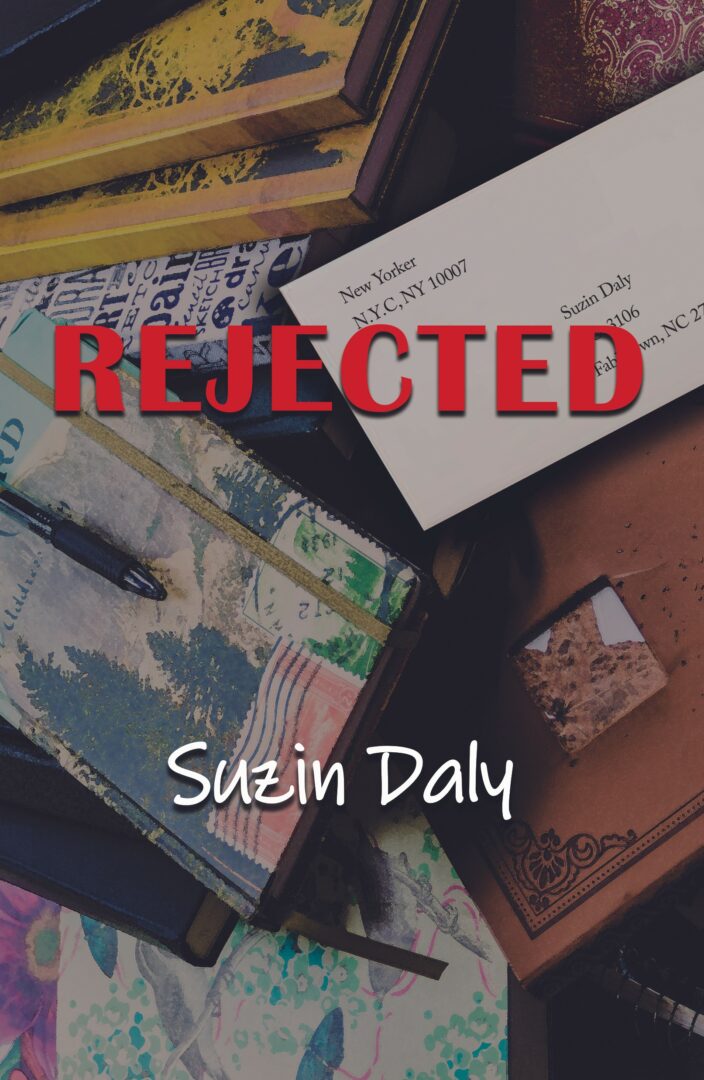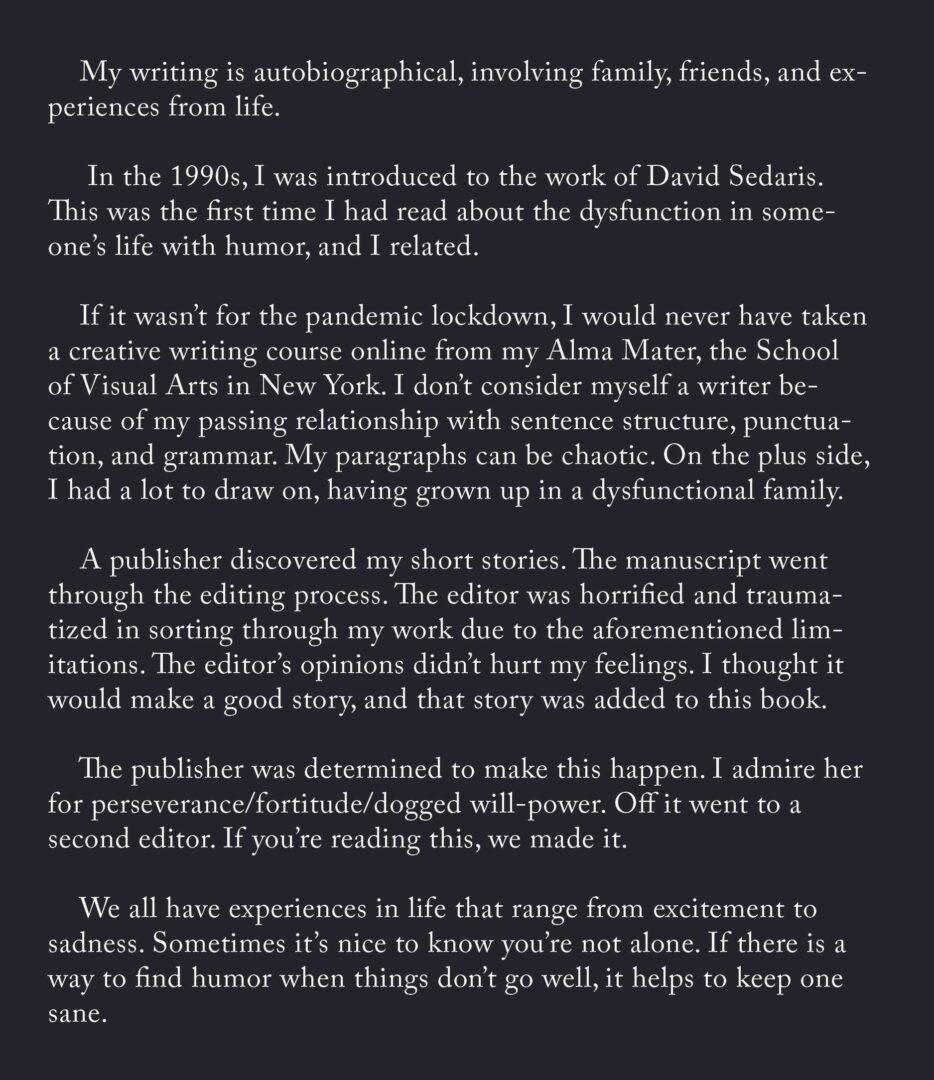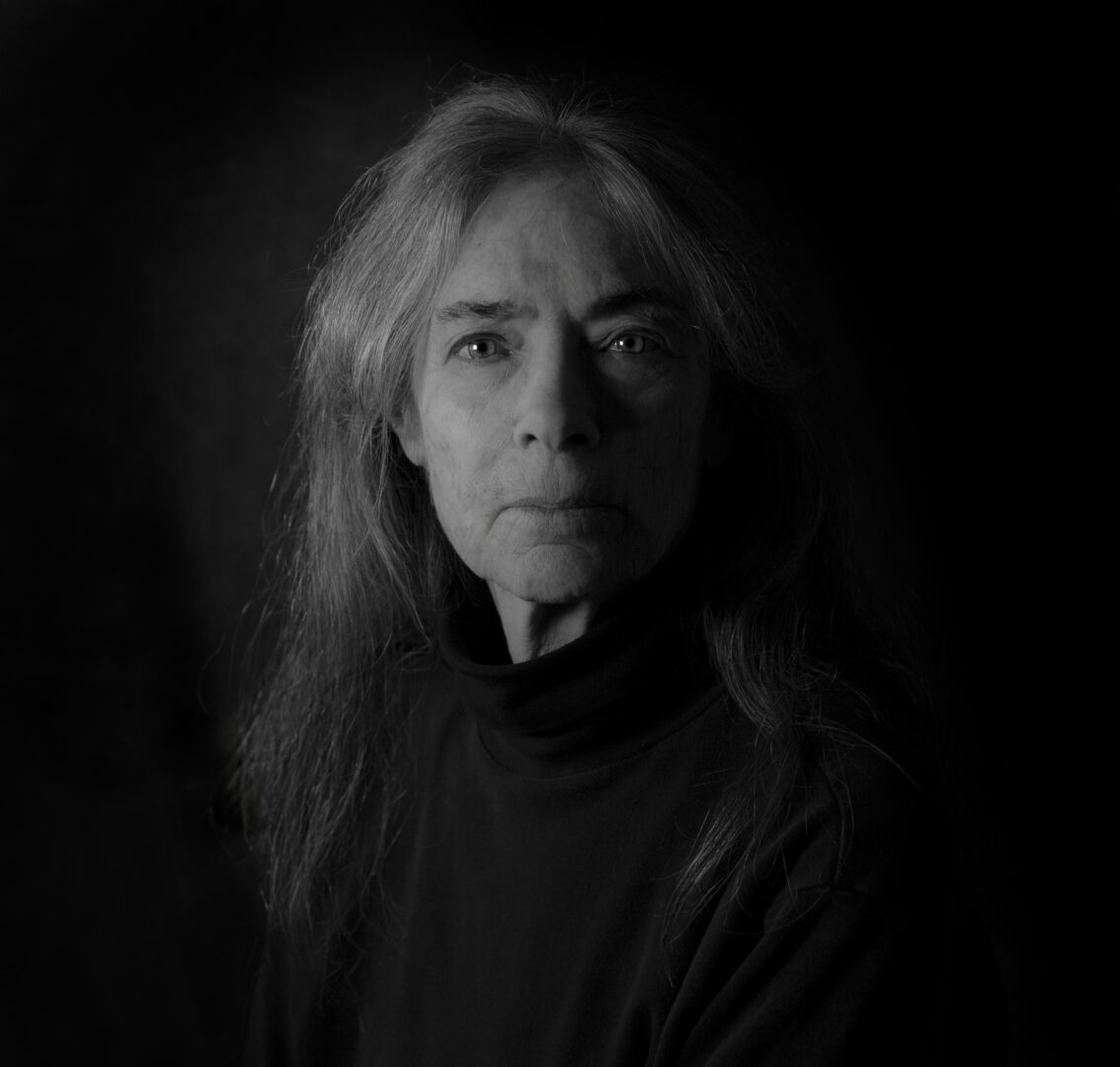We recently had the chance to connect with Suzin Daly and have shared our conversation below.
Hi Suzin, thank you for taking the time to reflect back on your journey with us. I think our readers are in for a real treat. There is so much we can all learn from each other and so thank you again for opening up with us. Let’s get into it: Who are you learning from right now?
Taking online courses in writing, Art Therapy, and Book Binding. I continue to be involved with artistic endeavors of collage and assemblage art.
Can you briefly introduce yourself and share what makes you or your brand unique?
Suzin Daly was a professional Dressage Rider, instructor, and competitor for over forty years. She wrote articles for Practical Horseman, United States Swedish Warmblood Association, Eastern Hoofbeats, Canvas Rebel, and local horse organizations. Listen to The Spirit Within was her first published book of poems and photography. When she retired, she got involved in filmmaking. She produced and directed the television show Camera Action for Channel 10. She was Director of Photography for three feature films and has earned numerous awards for short films, documentaries, and has written two award-winning screenplays. During the pandemic lockdown, she started writing autobiographical stories. Rejected is her second published book.
Appreciate your sharing that. Let’s talk about your life, growing up and some of topics and learnings around that. Who were you before the world told you who you had to be?
Suzin was quiet, shy, and easily intimidated. She got over it and is now I’m a handful.
Was there ever a time you almost gave up?
Suzin almost gave up being an artist, oh wait, she did. She returned to the arts seven decades later.
I think our readers would appreciate hearing more about your values and what you think matters in life and career, etc. So our next question is along those lines. What would your closest friends say really matters to you?
Suzin enjoys challenges, even when it is uncomfortable. I love critical research writing and going through the process of learning, and when possible, sharing that knowledge.
Okay, we’ve made it essentially to the end. One last question before you go. How do you know when you’re out of your depth?
I always know when I’m out of my depth; the first indicator is an anxiety attack. Then, I stay up half the night having conversations with myself, acknowledging how over my head I am. With hindsight, I seem to have a history of putting myself out of my depth, and I feel the fear, but I persevere and do it anyway. By the end, when I have accomplished the said goal, it always feels like a big win. Through reflection, I realize it’s not that bad. One particular activity where I always feel out of my depth is writing!
Writing is the hardest and most intimidating craft I have ever done. Every time I commit to writing an article, I procrastinate until close to the deadline. Then, I force myself to sit down and write. Halfway through my frenzied tapping on keys, getting my thoughts down, my forehead has a sheen of sweat, and my hair looks like I stuck my finger in a 120-watt electric socket.
What I have learned when I faced my insecurities and did it anyway, I created an emotional sense of power, action, and a strong feeling of achievement. If it weren’t for the pandemic lockdown, I would never have taken a creative writing course online from my alma mater, the School of Visual Arts in New York City. I don’t consider myself a writer because of my passing relationship with sentence structure, punctuation, and grammar. My paragraphs can be chaotic.
I picked the course ‘Creative Writing for Visual Artists’ because the online course started within four days of lockdown. The course ran for ten weeks. I figured the creative writing would be fun, uncomplicated, and easy. I was mistaken. There were thirty-six people from around the world, including the instructor. Even though the participants were artists all from different mediums, their writing were on a level far above me. Or that is how I felt at the time. The subject that all the participants were writing about was a memoir. Even though I felt once again out of my depth, I found memoir writing was an excellent subject for me.
In the 1990s, I was introduced to the works of David Sedaris. He was the first author I had read who wrote about his dysfunctional family. I thought him humorous, and I related. Coming from a dysfunctional family, there were a lot of resources to write about. In the course, you have the opportunity to share your work with other participants and get feedback. Even though the course was a struggle, and I felt intimidated, I signed up again for another ten weeks. In the second ten weeks, I found a writing rhythm. By the end of the two courses, twenty weeks, I had become prolific in short stories based on family, friends, and experiences. I realized I stopped feeling out of my depth.
When the pandemic ended and I was back out into the world, I bumped into an acquaintance, Kathy. We ended up having coffee and catching up. When she learned I had been writing, she invited me to an open mic to read one of the stories. Reading out loud is not something I am comfortable doing, so I did it. In the next few months, I read at four different open mics and was well-received. At the last open mic after I finishing reading a story about trying to grow a lemon tree from seeds from a supermarket lemon, I was approached by a local publisher, Carol.
Carol invited me to breakfast to talk about the possibility of publishing a book of my short stories. At breakfast, I thanked her for her enthusiasm, but I didn’t want to pursue publishing a book. We enjoyed each other’s company and met for breakfast on and off for about a year. On one of our breakfast occasions, Carol caught me in the right mood and I agreed to let her publish a book of my short stories.
The first requirement is to put together a manuscript. That took me about two months. I emailed Carol and suggested we have breakfast. She was thrilled; she knew I probably was going to hand in my manuscript, and she was right. At breakfast, I handed her a thumb drive with my manuscript. Carol’s enthusiasm was infectious. I became as excited as too. The next step was for Carol to hand the manuscript over to the editor.
About a month later, I got my manuscript back. And I understand there will be rewrites and corrections, and I had no problem to dig in and do whatever needed doing to polish off the manuscript. When I opened the document on my computer, I was shocked. There was so much red that one page looked like a screenshot from a slasher movie. I once again felt like I was out of my depth.
I metaphorically rolled up my sleeves and got back to work. I tore up three stories. She was so critical, I felt it would be better to do a complete rewrite from the beginning. It took me approximately three months to get the manuscript ready to be handed back to Carol. The manuscript went back again to an editor. It came back with a minor number of red corrections. I went through the manuscript, made all required corrections, and back to Carol.
Finally, the book went off to be published. We did it. It was about a two-year process. I’m glad I went through the process; it was hard, satisfying, and I liked learning the process. Six months later, I applied to the Weymouth Center for the Arts and Humanities writers-in-residence program. I used one of the stories from the book. A week later, I got a letter informing me I have been accepted into the writer’s program for December 2025 for one week. One week of privacy, quiet to write to my heart’s content. This will be my first residency. I’m excited. Writing is the last thing I thought I would be doing. With all the adventures I have had, will being an author end up being my legacy? I repeat, writing is the last thing I thought I would be doing. And yet here I am!
Contact Info:
- Website: https://www.suzindaly.com
- Instagram: https://www.instagram.com/szndaly/?hl=en
- Linkedin: https://www.linkedin.com/in/suzin-daly-4a5055315/
- Facebook: https://www.facebook.com/suzin.daly
- Youtube: https://www.youtube.com/results?search_query=suzin+Daly


Image Credits
Suzin Daly
so if you or someone you know deserves recognition please let us know here.




